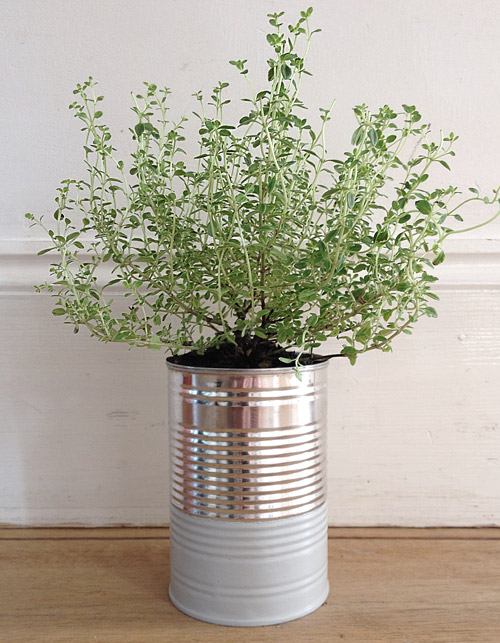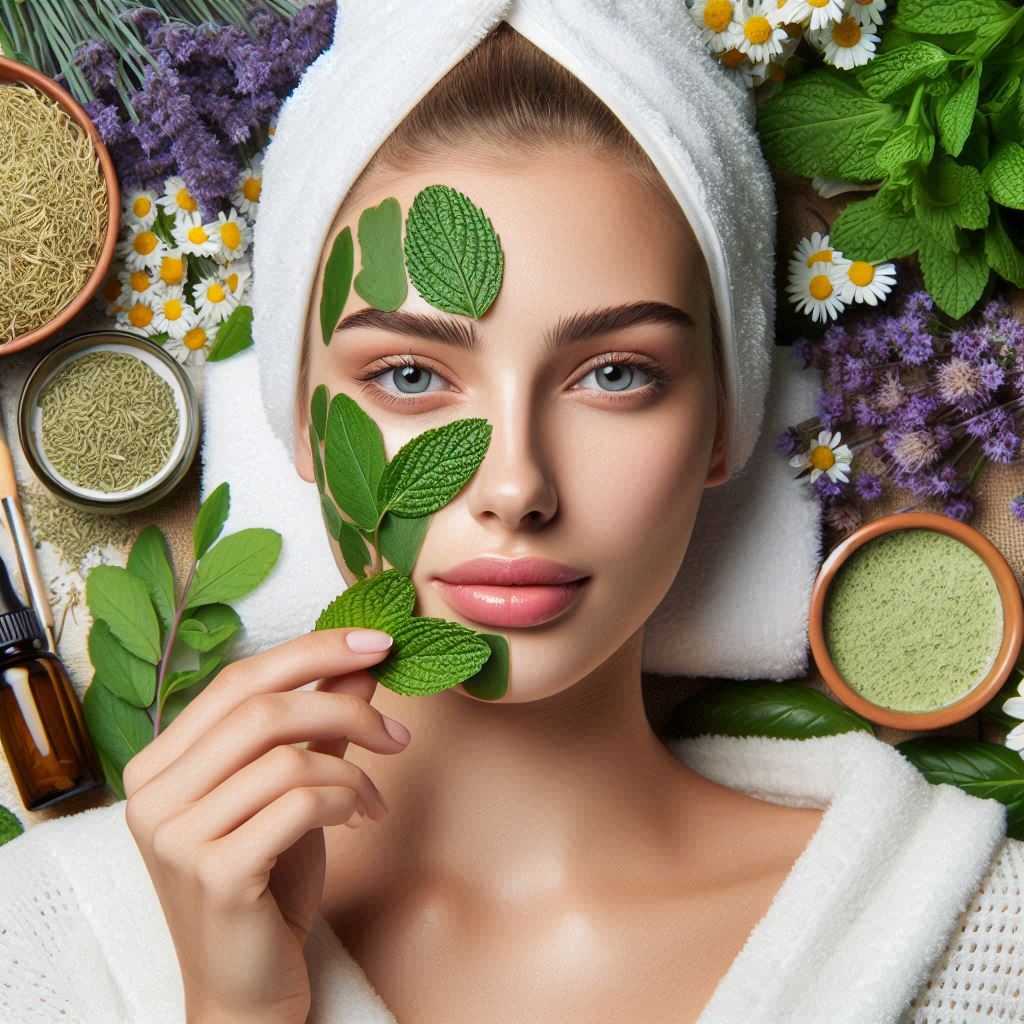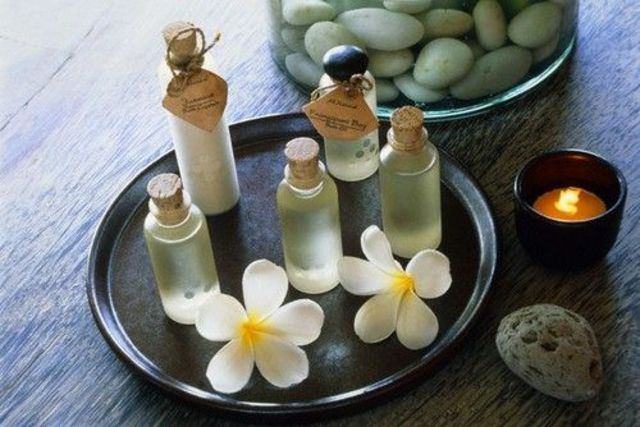The properties and benefits of thyme resemble
oregano
. It contains the plant antibiotic carvacrol, which kills Staphylococcus aureus. The chemical composition of thyme makes it a powerful antimicrobial plant with the aroma of Italian spices.

Chemical composition of thyme:
- Cymol - an essential oil with an aromatic smell, used in perfumery and cooking (found in cumin, coriander, anise, eucalyptus, and more);
- Ascaridol - a popular component in anthelmintic drugs, used in natural medicine for flatulence, intestinal parasites, asthma, malaria, nervous disorders, and arthritis treatment. The amount of ascaridol in thyme is optimal and cannot lead to overdose;
- Terpineol - a natural alcohol with a lilac scent, used in food flavor concentrates, with antimicrobial properties;
- Borneol - a natural alcohol with a pine scent, which oxidizes into camphor. It lowers blood pressure, is used in perfumery and aromatherapy, improves blood microcirculation and lung alveolar ventilation;
- Gum - a plant carbohydrate used as a thickener in cooking. In medicine, it is used as a mucilage to reduce irritation of the intestines and stomach from medications;
- Ursolic acid - used in cosmetics as an anti-inflammatory and antimicrobial component. Along with oleanolic acid, also found in thyme, it is used in melanoma therapy and prevention in some countries. It stimulates hair growth by activating hair follicles, protects against dandruff, and has proven anti-tumor properties;
- Thymol - a phenol with antiparasitic action, an oral antiseptic, and a natural preservative. All these components are present in [thyme essential oil](/en/green-pharmacy/thyme-essential-oil/ “Эфирное масло чабреца (тимьяна “Thyme essential oil”).
Macronutrients in thyme:
- Calcium 1890 mg
- Magnesium 220 mg
- Sodium 55 mg
- Potassium 814 mg
- Phosphorus 201 mg
Micronutrients in thyme:
- Iron 123.6 mg
- Zinc 6.18 mg
- Copper 860 µg
- Manganese 7.867 mg
- Selenium
Vitamins in thyme:
- Beta-carotene 2.264 mg
- Vitamin A (RE) 190 µg
- Vitamin B1 (Thiamine) 0.513 mg
- Vitamin B2 (Riboflavin) 0.399 mg
- Vitamin B6 (Pyridoxine) 0.55 mg
- Vitamin B9 (Folic acid) 274 µg
- Vitamin C 50 mg
- Vitamin E (TE) 7.48 mg
- Vitamin K (Phylloquinone) 1714.5 µg
- Vitamin PP (Niacin equivalent) 4.94 mg
- Choline 43.6 mg
In the next article, I will discuss the use of thyme in medicine , and for tips on how to grow it in a pot on your windowsill, check out the article Growing Thyme at Home .



